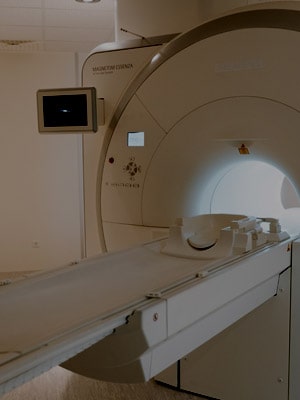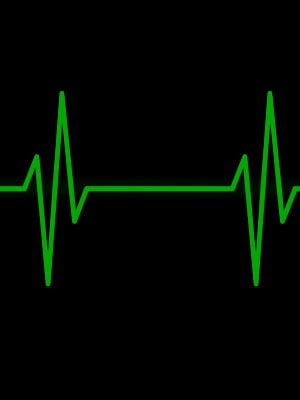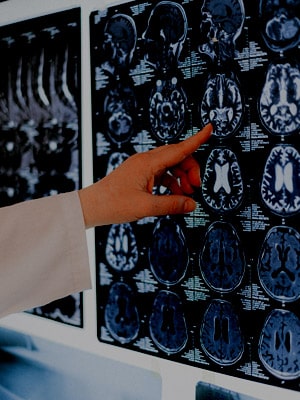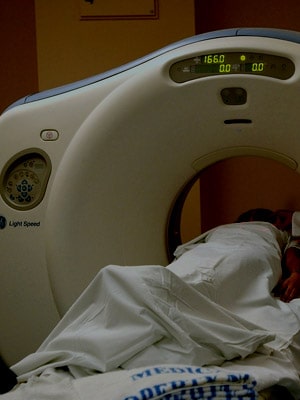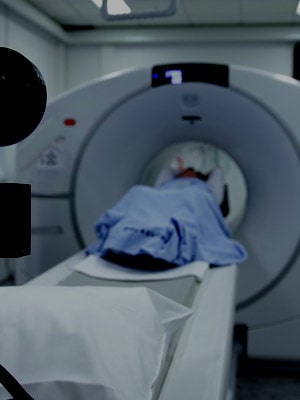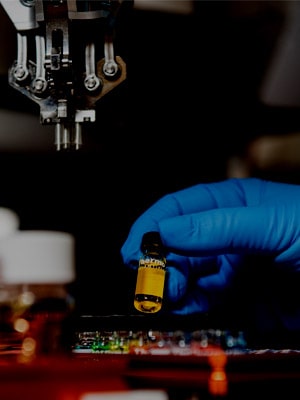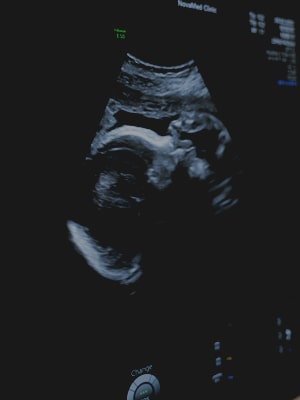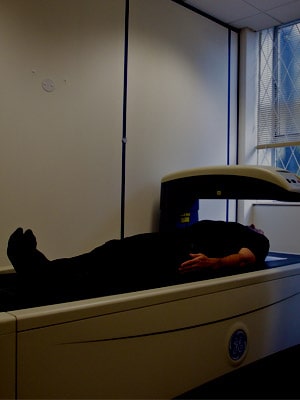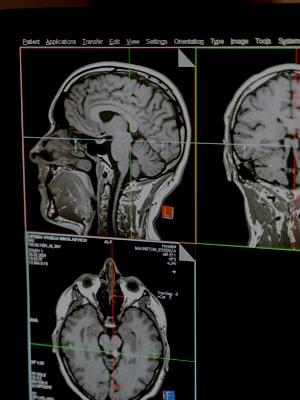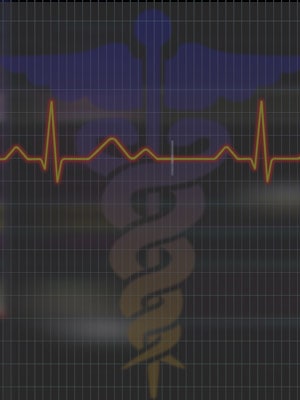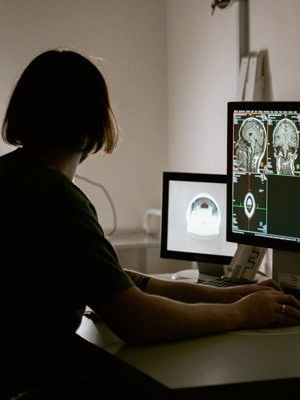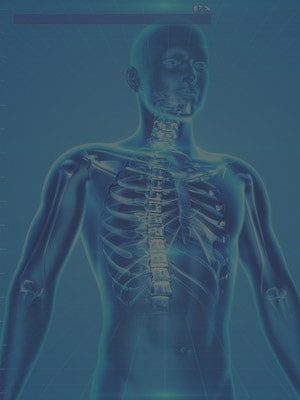Treadmill Test (TMT) is done to find the stress on the heart. On the machine, the patient walks and the readings are taken.
Electrocardiography (ECG or EKG) is the recording of the electrical activity of the heart over time via skin electrodes.
It is a noninvasive recording produced by an electrocardiograph. The etymology of the word is derived from electro, because it is related to electrical activity, cardio, Greek for heart, graph, a Greek root meaning “to write”.
Electrical impulses in the heart originate in the sinoatrial node and travel through conducting system to the heart muscle. The impulses stimulate the muscle fibers to contract and thus producing the systole. The electrical waves can be measured at selectively placed electrodes (electrical contacts) on the skin. Electrodes on different sides of the heart measure the activity of different parts of the heart muscle.

